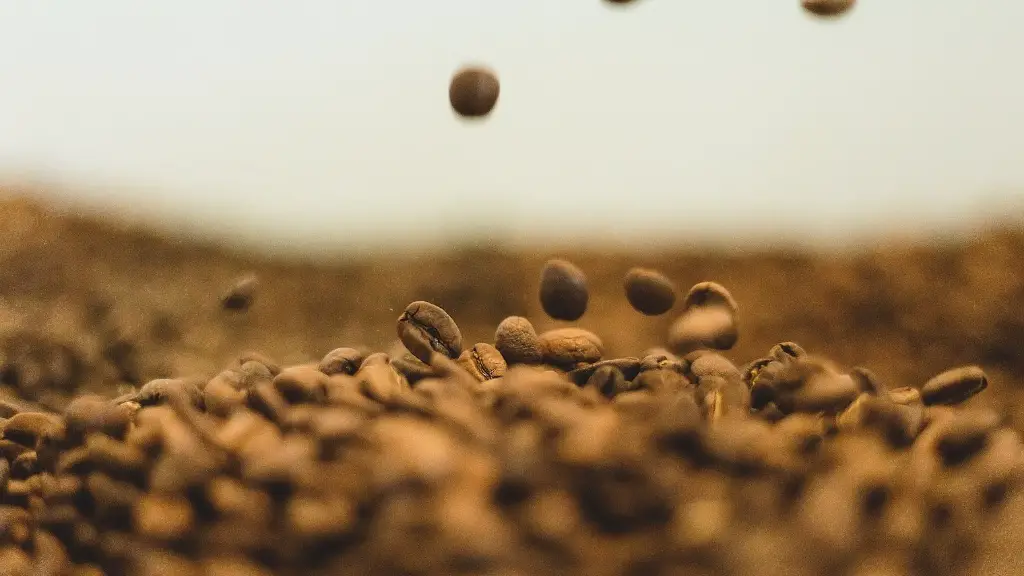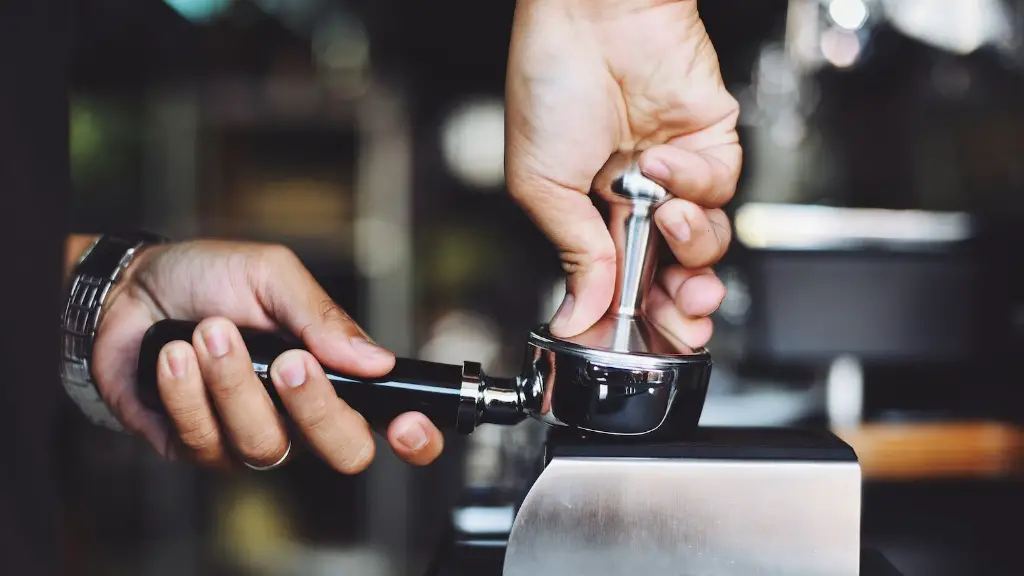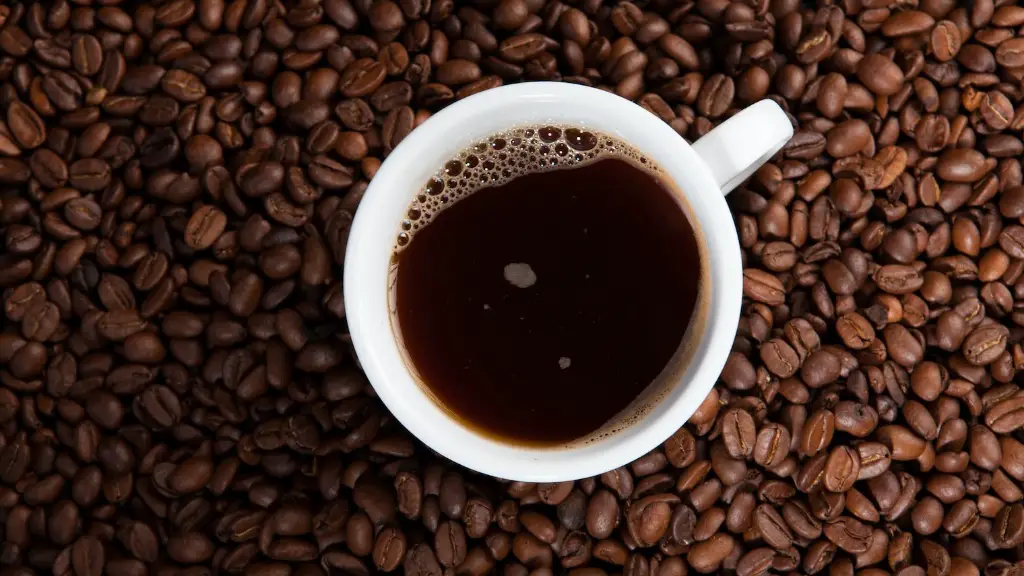Is an Energy Drink Worse than Coffee?
With energy drinks becoming increasingly popular with people of all ages and walks of life, it’s no wonder why there is so much buzz about them. But, among this buzz is the conversation about whether energy drinks are worse for our health than coffee. This article will explore the question and provide insight into the data and expert perspectives to help you decide whether or not you should reach for an energy drink instead of coffee when you’re in need of some extra energy.
Ingredients in Energy Drinks
It’s important to consider what key ingredients are in energy drinks as it can help us to determine how safe they are in comparison to coffee. Generally, most energy drinks are made up of a combination of caffeine and other stimulants, such as taurine and guarana. While caffeine is one of the main ingredients in both coffee and energy drinks, energy drinks contain more than twice the amount of caffeine that coffee does. They are also much higher in sugar, sometimes with up to six teaspoons in a single serving.
Another important factor to consider is that energy drinks almost always contain artificial sweeteners such as sucralose and aspartame, which have been linked to side-effects such as headaches, dizziness and increased risk of diabetes. Coffee does not contain added sugar or artificial sweeteners, however, it does contain small amounts of sugar and carbs naturally. This is important to keep in mind when debating which beverage is healthier.
Potential Health Effects
It’s no surprise that both energy drinks and coffee carry potential health risks. Caffeine, the active ingredient found in both drinks, can cause side-effects such as headaches, irritability, and difficulty sleeping. Studies have also shown that caffeine can contribute to higher blood pressure and increased heart rate which can increase the risk of heart attack. This is why it is important to practice moderation when consuming either beverage.
However, energy drinks carry additional risks due to their added stimulants, elevated levels of caffeine, and high sugar content. The combination of these ingredients can produce an array of physical and psychological side-effects such as anxiety, palpitations, chest pain, and increased risk of diabetes.
According to a study conducted by Arizona State University, energy drink consumption is linked to an increased risk of developing high blood pressure and coronary artery disease, as well as stroke and coronary heart disease in young adults. The study concluded that energy drinks could pose a greater health risk than coffee due to their higher levels of caffeine and added ingredients.
The Comparative Impact of Caffeine Content
It’s important to note that caffeine can have different effects on different individuals. Some people may be more sensitive to its effects than others, and therefore should monitor their intake accordingly. Generally, the recommended daily intake of caffeine for adults is between 200-400 milligrams. One 8-ounce cup of coffee contains about 95-200 milligrams, whereas one 8-ounce can of an energy drink contains about 80-300 milligrams. So, it’s likely that a single energy drink contains more caffeine than one cup of coffee, however it’s important to check the labels of each beverage to determine the exact amount.
It’s also important to note that while both coffee and energy drinks can provide a boost of energy, the effects of caffeine can be different. For example, the caffeine in coffee is released over a longer period of time, which can provide a more sustained energy boost. The added ingredients in energy drinks can create a “sugar spike” that could lead to a sudden surge of energy followed by a rapid crash. Therefore, the feeling of energy after drinking coffee may last longer than the feeling of energy after drinking an energy drink.
Are There Any Benefits?
It’s important to remember that both energy drinks and coffee can have benefits when consumed in moderation. Caffeine has many known benefits, such as improved alertness and mental clarity, improved physical performance and energy, and improved mood. Similarly, coffee is a great source of antioxidants, which can help reduce inflammation, improve cardiovascular health and lower your risk of certain diseases.
Positive and Negative Marketing of Energy Drinks
It’s essential to consider the marketing tactics of energy drinks. While some brands may use positive images and messages to promote their products, many tend to target teenagers and young adults with aggressive marketing tactics that may be deemed unethical. Furthermore, many of these companies exaggerate the benefits of their products while neglecting to adequately inform consumers of the potential health risks.
In comparison, coffee mostly appeals to adults and has traditionally been marketed with a much more subtle message. Its reputation as a natural, nutritious beverage has generally helped to improve the public’s perception of it and minimise the potential health risks associated with it.
A Balanced Viewpoint
It’s clear that determining whether energy drinks are worse for us than coffee is complex. Both have potential health benefits and risks which should be weighed up before deciding which option is better for us. While energy drinks are often marketed as a way to increase energy levels and provide a quick “energy spike”, the fact that they contain higher levels of caffeine and added stimulants makes them potentially riskier than coffee.
The most important thing to remember is that caffeine should be consumed in moderation. If you opt for a cup of coffee or an energy drink, make sure that you’re aware of the potential effects and try to limit your intake to reduce any potential risks.
The Effects of Excessive Caffeine
The risks associated with caffeine don’t just lie in its consumption on its own, over consumption of caffeine can often lead to unpleasant experiences. According to the Mayo Clinic, excessive caffeine consumption can lead to side effects such as headaches, anxiety, restlessness, irritability and other symptoms similar to those of a caffeine overdose. Therefore, it is important to be aware of one’s own caffeine consumption in order to remain safe and healthy.
It is also important to note that many people become overly dependent on caffeine and, as a result, find it difficult to think clearly and focus on tasks without their daily fix of caffeine. This type of dependence on caffeine can lead to more serious health problems and can even be potentially life-threatening. Therefore, limiting one’s caffeine consumption is key to avoiding this situation.
What About Other Alternatives?
Consuming caffeinated beverages isn’t the only way to increase energy levels, there are plenty of other options available. For example, drinking water or herbal tea is a great way to rehydrate and increase alertness and energy levels. Alternatively, physical activity such as regular walks, light exercise or stretching is also a great way to boost energy levels in a healthier and more sustainable way.
Making small adjustments to one’s diet and lifestyle can also have a big impact on energy levels. Eating a balanced diet, getting enough sleep and making sure to take regular breaks throughout the day can all help to improve energy levels and overall health. Finding healthy activities that one enjoys or practising relaxation techniques such as yoga or mindfulness can also be beneficial.
The Role of Moderation
Practising moderation is key when it comes to both energy drinks and coffee. The majority of people don’t need to worry about the dangers associated with caffeine consumption if consumed in moderation. Limiting consumption and opting for natural alternatives to increase energy levels can help to ensure that one is getting the energy and focus they need in a healthier and more sustainable way.
The Impact of Caffeine On Performance
Caffeine is known to have positive effects on physical and mental performance, however, the effects of caffeine on performance vary from one individual to another. While caffeine can help to increase alertness and energy levels, it can also lead to anxiety and distress in some people. Everyone responds differently to caffeine and it is important to understand one’s individual reactions to caffeine in order to determine whether or not it is an effective performance enhancer.
In addition to understanding one’s own reactions to caffeine, it is important to note that the effects of caffeine on physical performance can vary depending on the type of exercise being performed. For example, caffeine can improve aerobic performance but can potentially be harmful to muscular performance. Therefore, it is important to consider the type of activity being carried out before consuming caffeine.
The Role of Self-Control
At the end of the day, it’s important to remember that everyone is different and everyone’s experience with caffeine and energy drinks is unique to them. Self-control and moderation are essential when it comes to consuming any caffeinated beverage, whether it be coffee or energy drinks. Determining what works best for you and understanding your individual reactions are key to achieving optimal performance, health and wellbeing.





